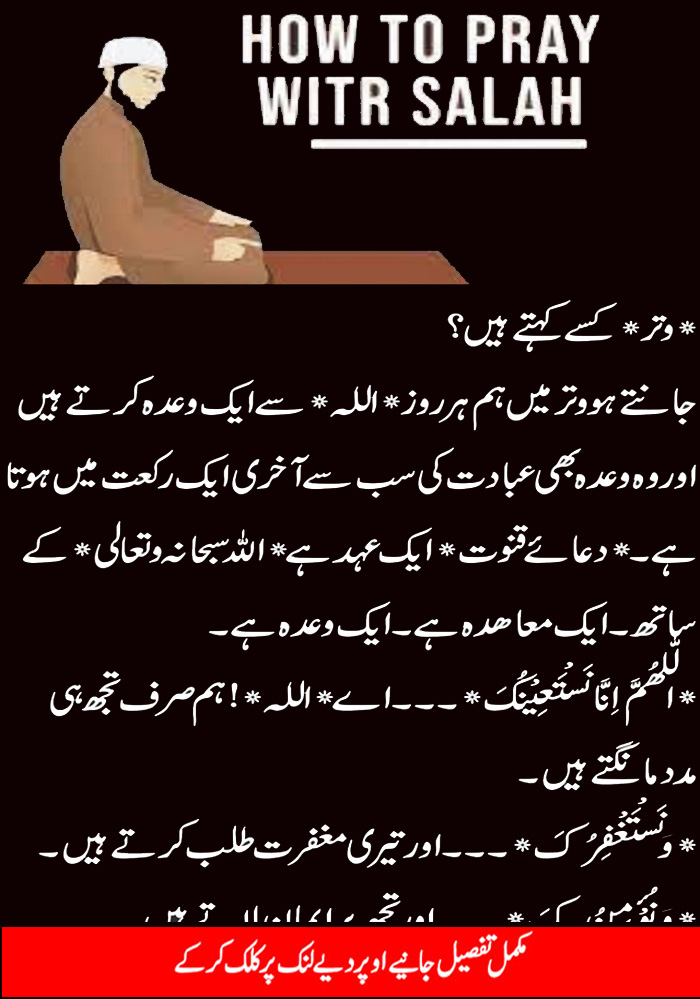We live in a world that demands so much from us. We work tirelessly and fatigue our bodies in this pursuit to take care of our families. Taking care of our families is an act of worship alongside many other acts of ibadah. It is important we do not lose ourselves to the Dunya and forget our true purpose, to worship Allah SWT. This can be done in many ways. It is integral to our spiritual health that we follow in the example of the greatest human being to walk the earth, the Prophet Muhammad (SAW).
One of the ways we can do this is by following the sunnah and worshipping Allah SWT, the way he (SAW) did, to the best of our abilities. The sunnah acts of worship can tragically be neglected and this is depriving the heart of that which benefits it. We must strive to revive and implement the sunnah and this is the best way to ensure we live enriched lives and have empowered communities.

As Muslims, it is important to try and excel in our worship during the month of Ramadan. A good way to do this is to start establishing extra sunnah prayers. The prayers we will focus on are the Duha, Tahajjud prayer, and Witr prayer.
The Duha Prayer
The Duha prayer is classed as a supererogatory prayer that the Prophet Muhammed (SAW) would pray. This prayer is offered anytime between sunrise and Dhuhr prayer. The benefits of praying this prayer are powerful. In a hadith qudsī, Allah SWT says,
“O son of Adam! Pray four rak’ats for me at the beginning of the day, and I shall take care of you for the rest of it” (Tirmidhī)
Anyone who reads four rak’ah of this extra sunnah prayer, Allah will take care of them for the rest of the day. This is powerful as we go through so much in our day, often encountering many obstacles and issues, therefore knowing Allah SWT is with us to aid us can offer a lot of comfort to a believing heart.
For the Duha prayer, you can read either two ra’kahs, four ra’kahs, or eight ra’kahs. The Prophet (SAW) would read up to eight ra’kahs. Praying four ra’kahs is recommended but even offering two ra’kahs is good
